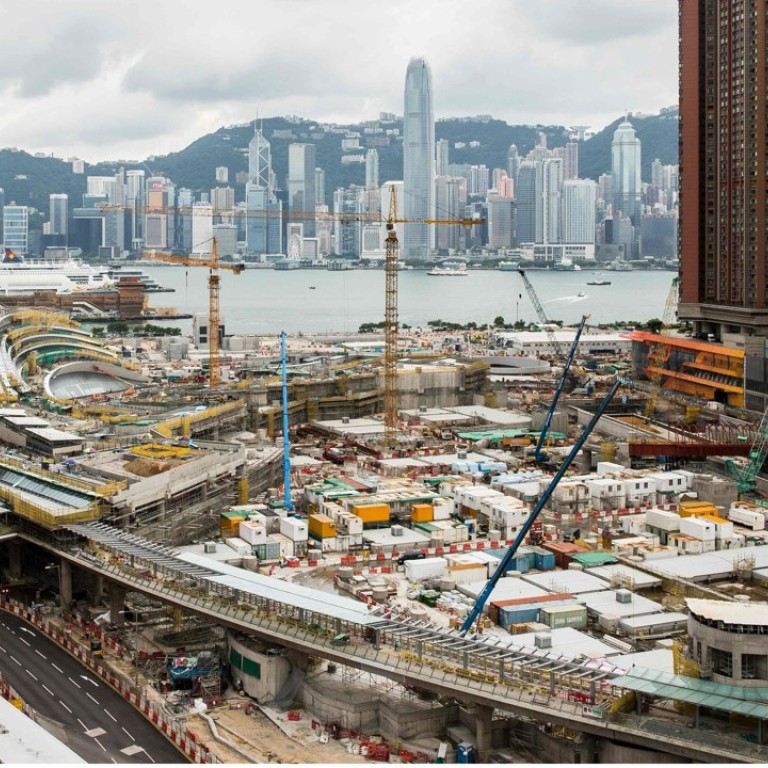
Rail customs dispute needs rational debate
The issue is too important to be used to score political points. Differences in opinion should be resolved through dialogue, not confrontation
The dispute over the so-called co-location customs checkpoint arrangements for Hong Kong’s high-speed rail link to Guangzhou continues to rage, with some lawmakers snubbing a site inspection visit on Wednesday. Separately, opponents have formally established a cross-sector coalition to try to derail the proposal being pushed by the government. The tussle does nothing to break the deadlock over one of the city’s most-touted infrastructure projects.
The proposal to allow mainland laws to be enforced within some areas inside the West Kowloon terminus is no doubt contentious. What is also clear is that there is a need to maximise the potential of the HK$84.4 billion cross-border rail link. It is therefore necessary to ensure that the arrangements for immigration and customs clearance will be done in the most convenient manner, while upholding the principle of “one country, two systems” under the Basic Law, the city’s mini-constitution.
It is regrettable that pan-democrat lawmakers have shunned the site visit organised by the Mass Transit Railway Corporation, which is building and will operate the rail link. It was meant to enable all lawmakers to see for themselves the facilities ahead of a Legislative Council meeting with the three government officials in charge of the co-location proposals. But the pan-democrats rejected the visit because the trio were not on site to answer their questions. They might think that their participation would be seen as an endorsement of the arrangements. They instead joined the launch of a coalition against the proposal on the same day. The political gesture is clear.
It is the constitutional duty of lawmakers to familiarise themselves with the issues in question before exercising their right to support or reject policy and funding proposals put forward by the government. The boycott represents a missed opportunity for them to check out the actual situation before making a decision.
Differences in opinions are best resolved through dialogue and well-reasoned arguments rather than confrontation and hostility. The controversial nature of the co-location proposal makes open and rational debate all the more important.

